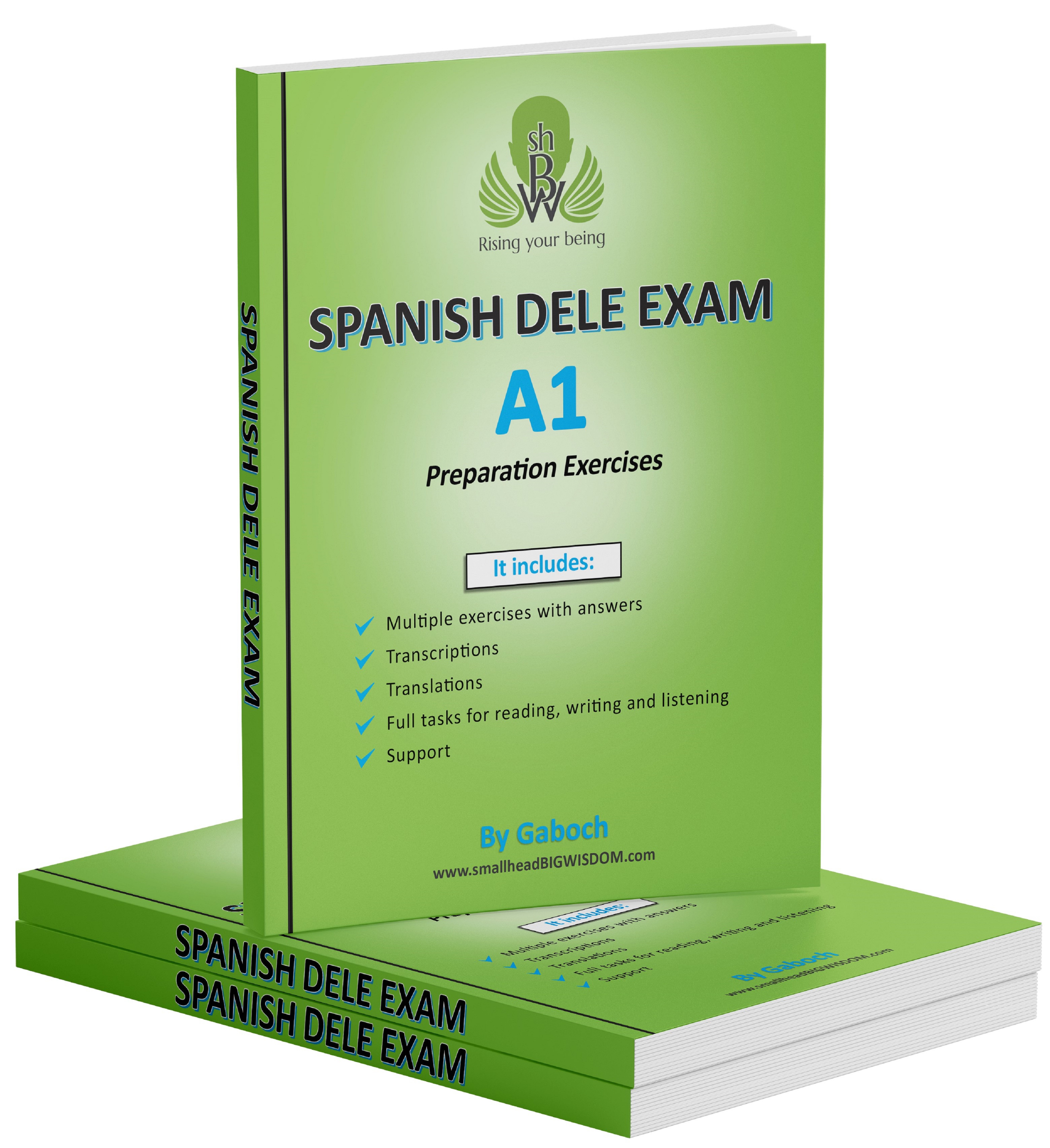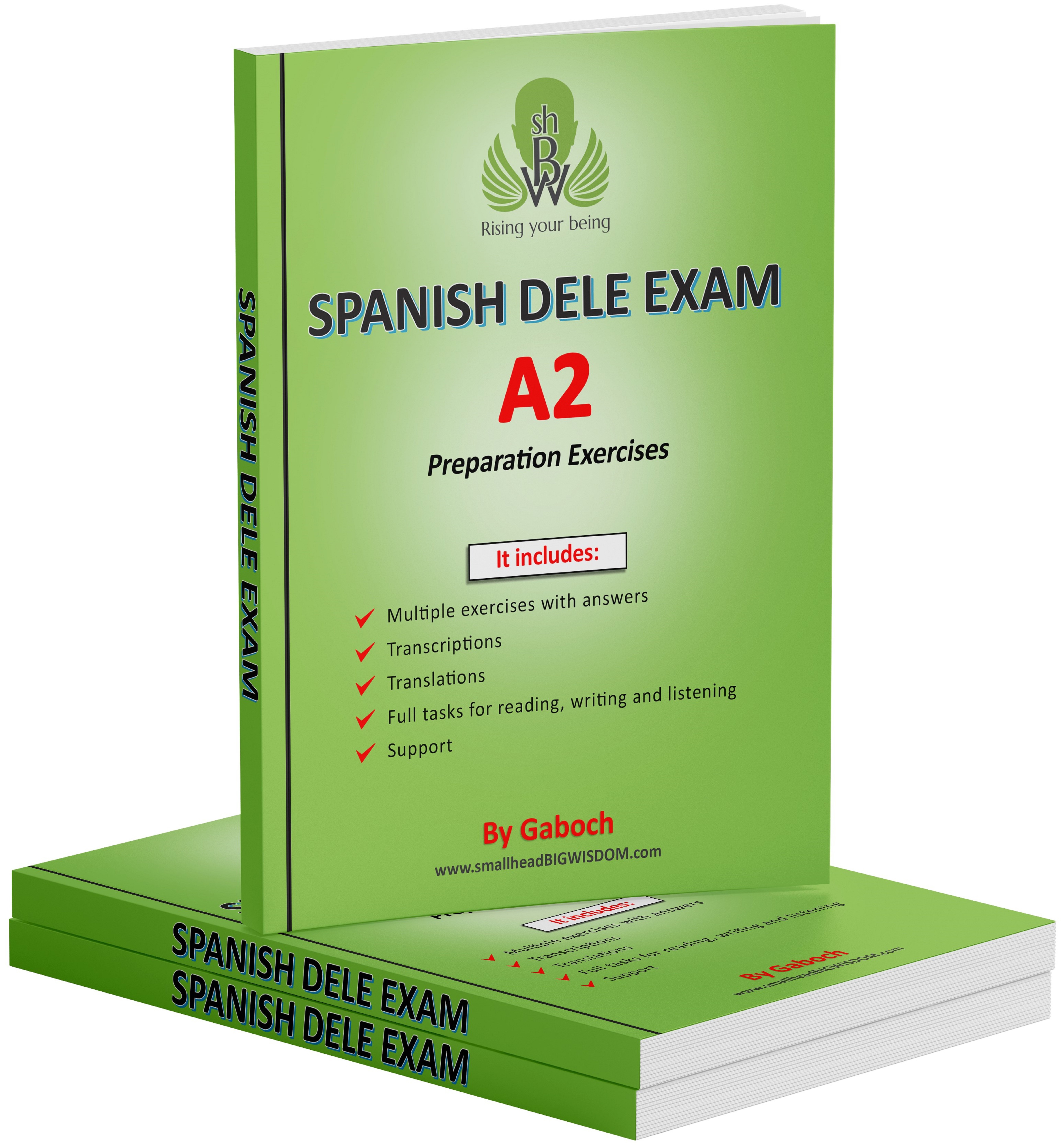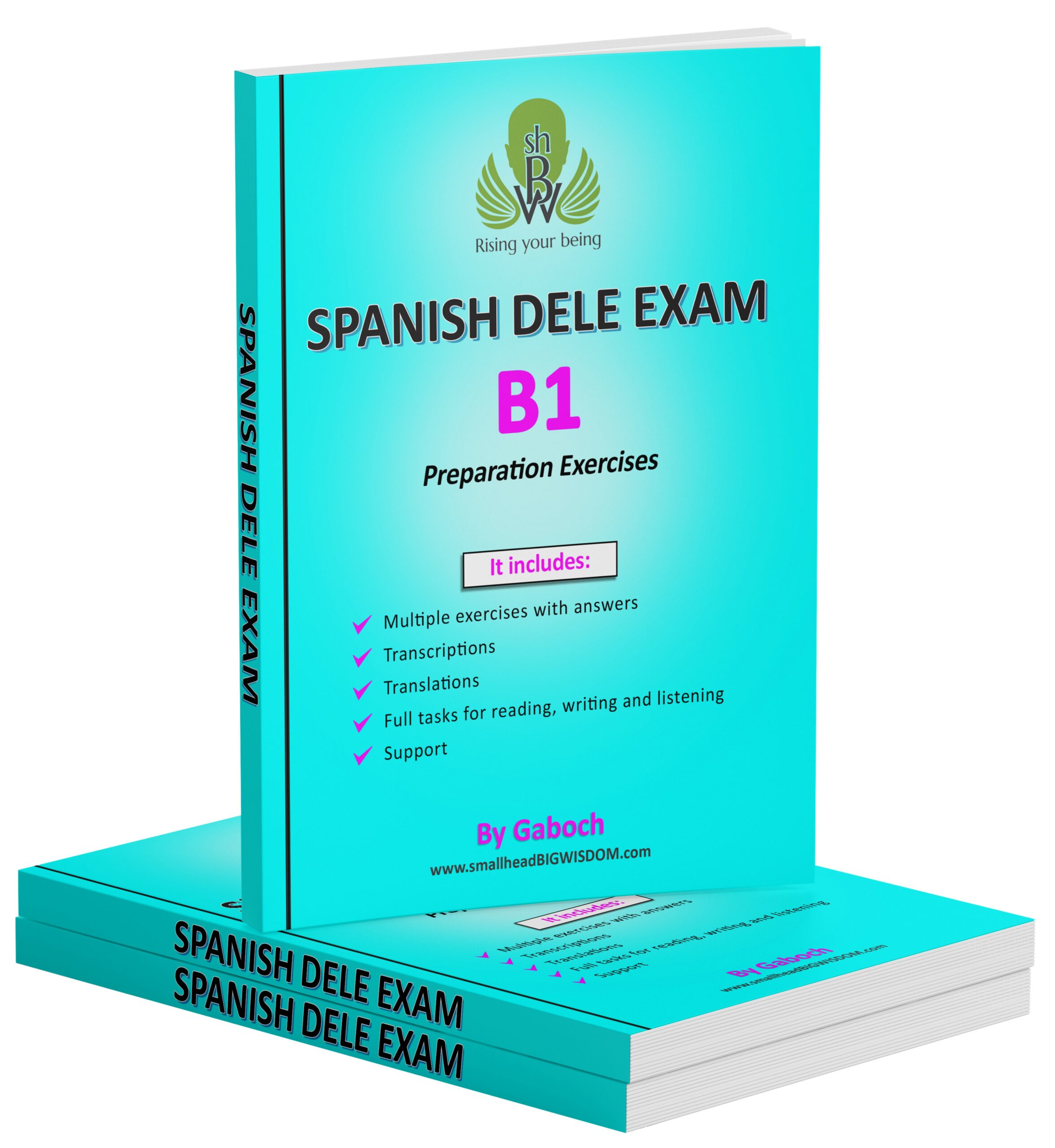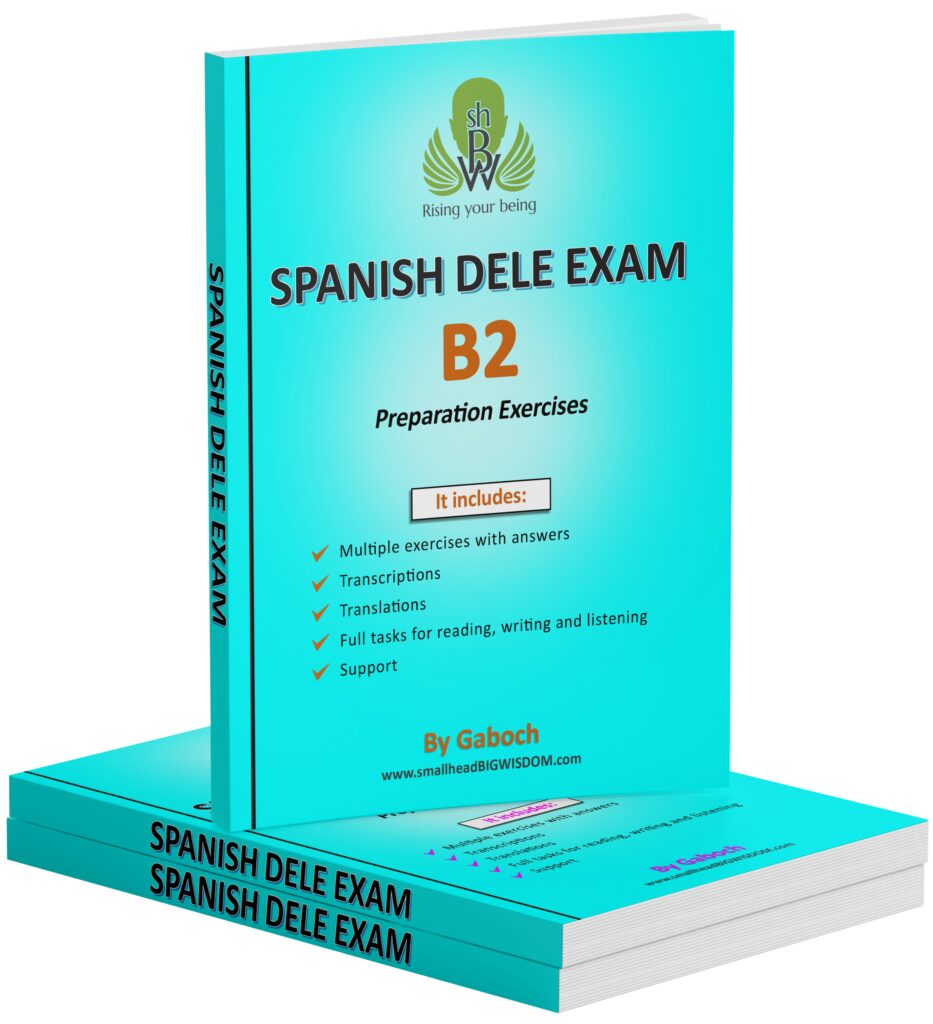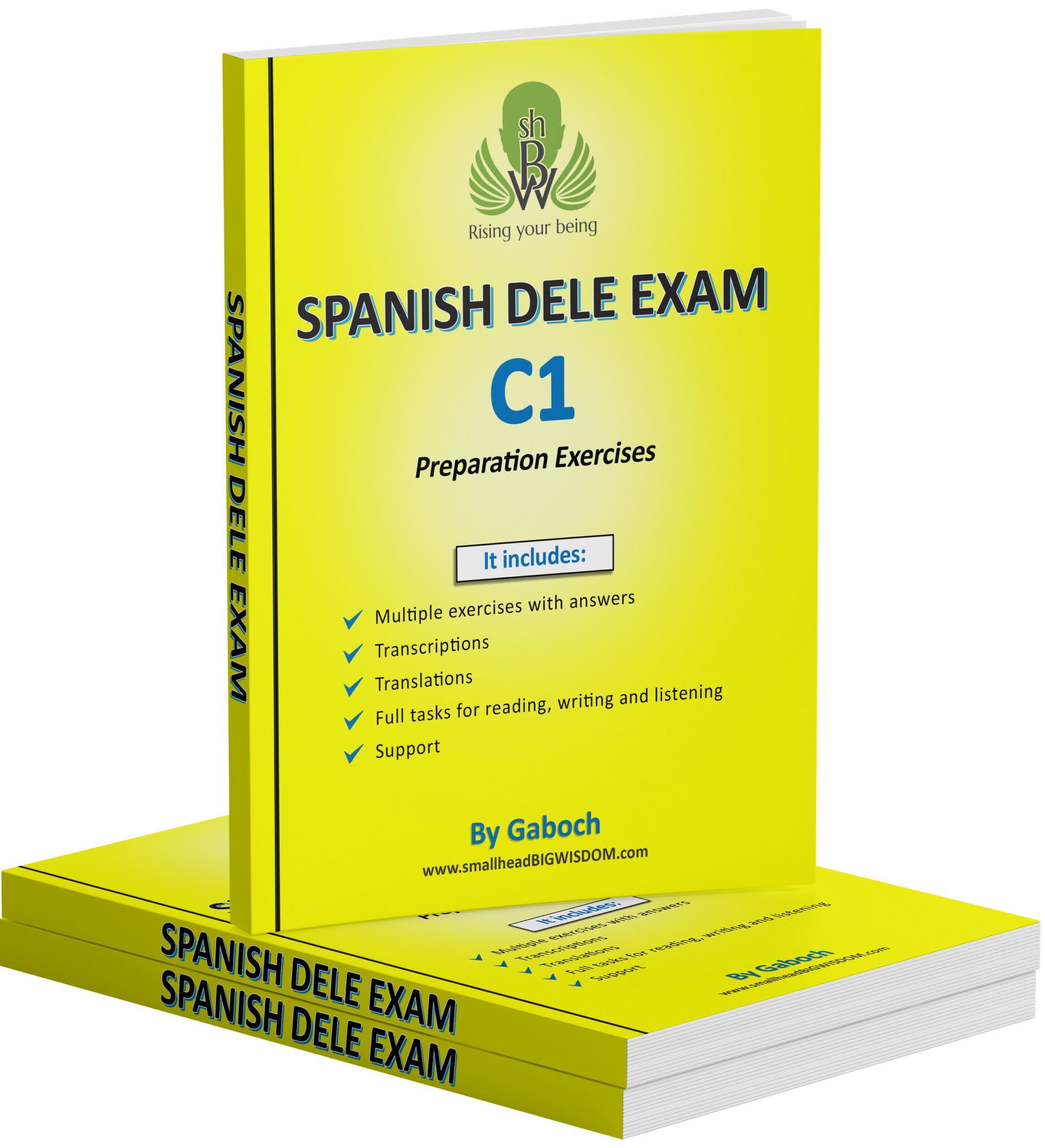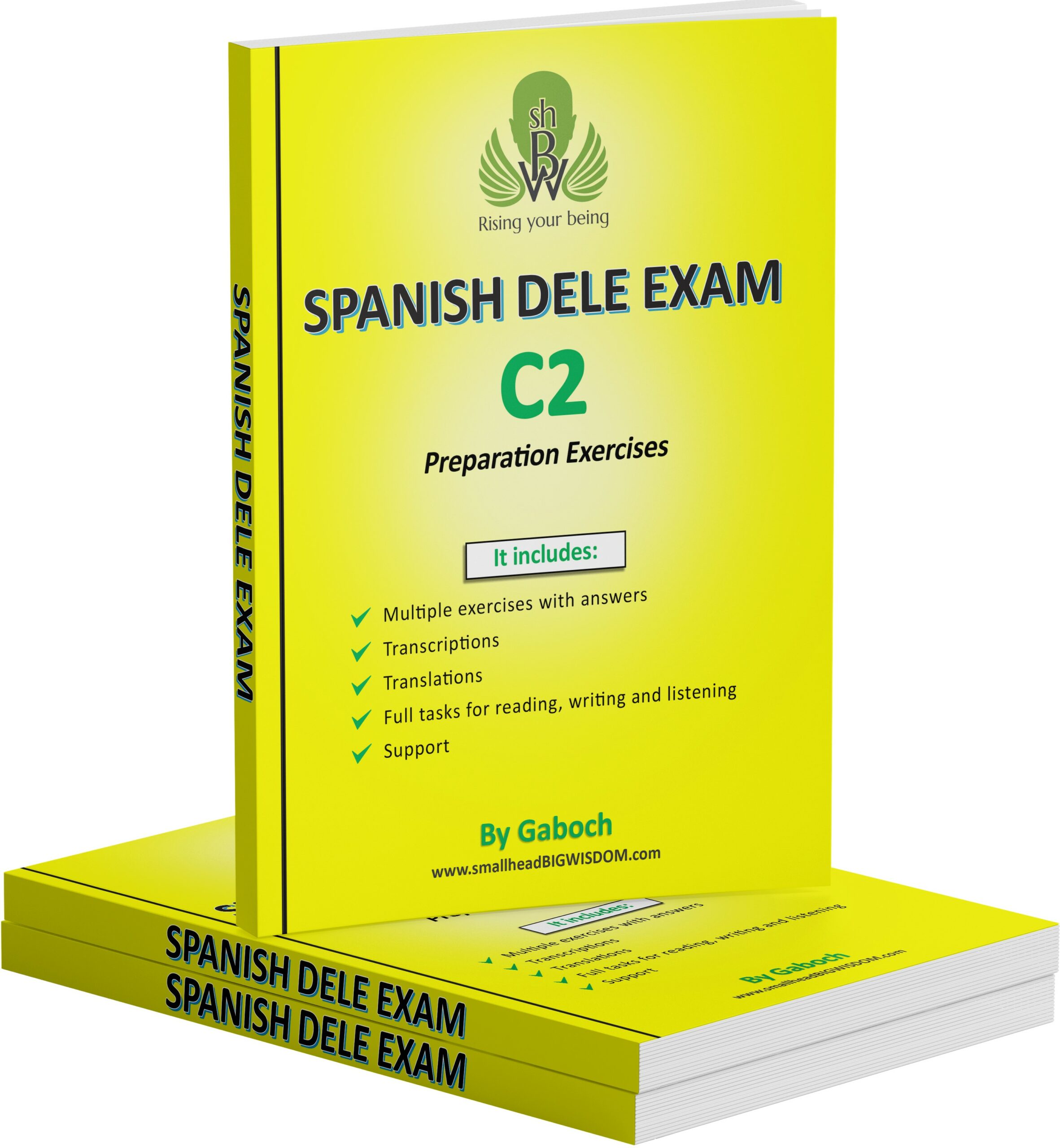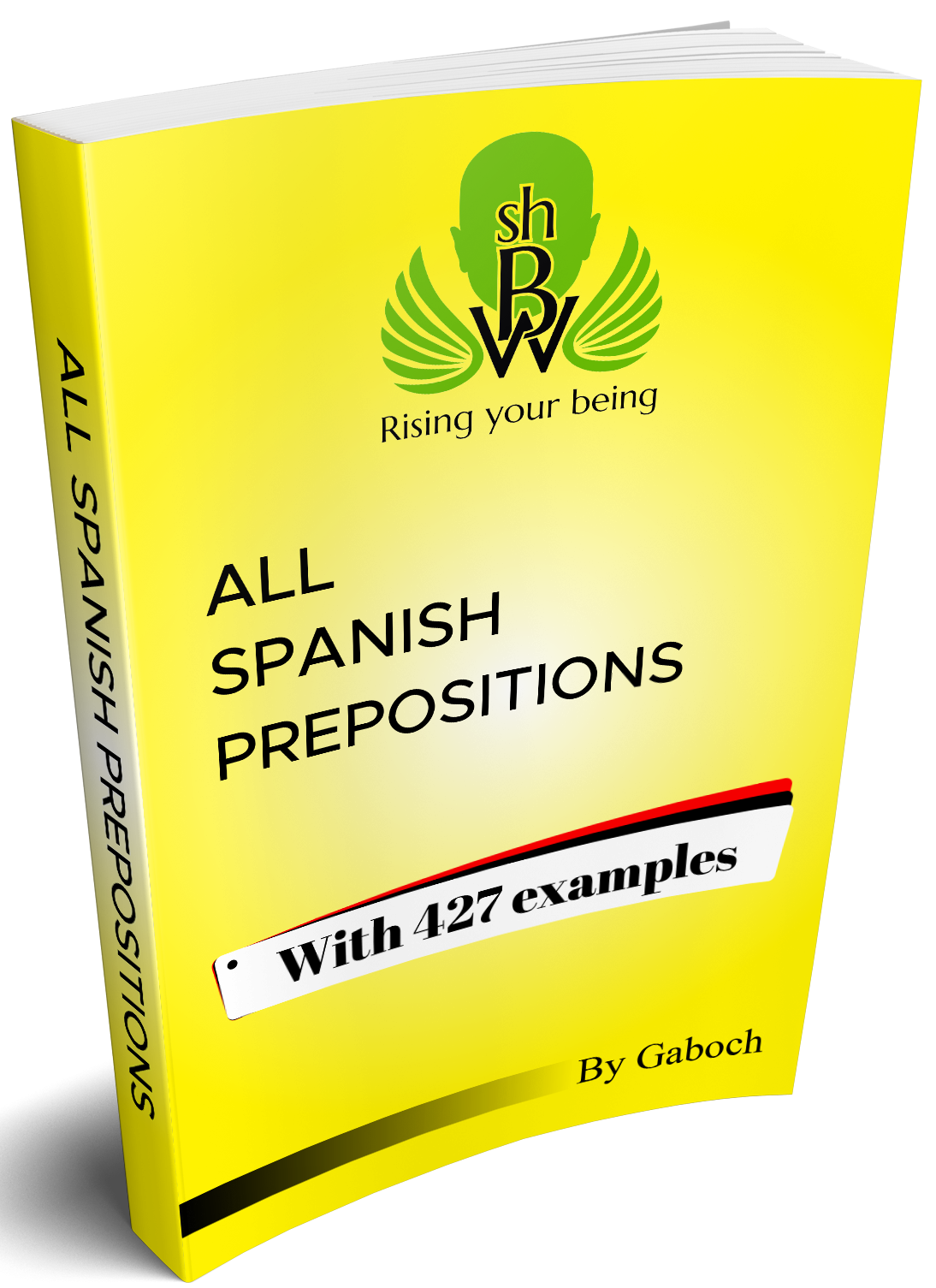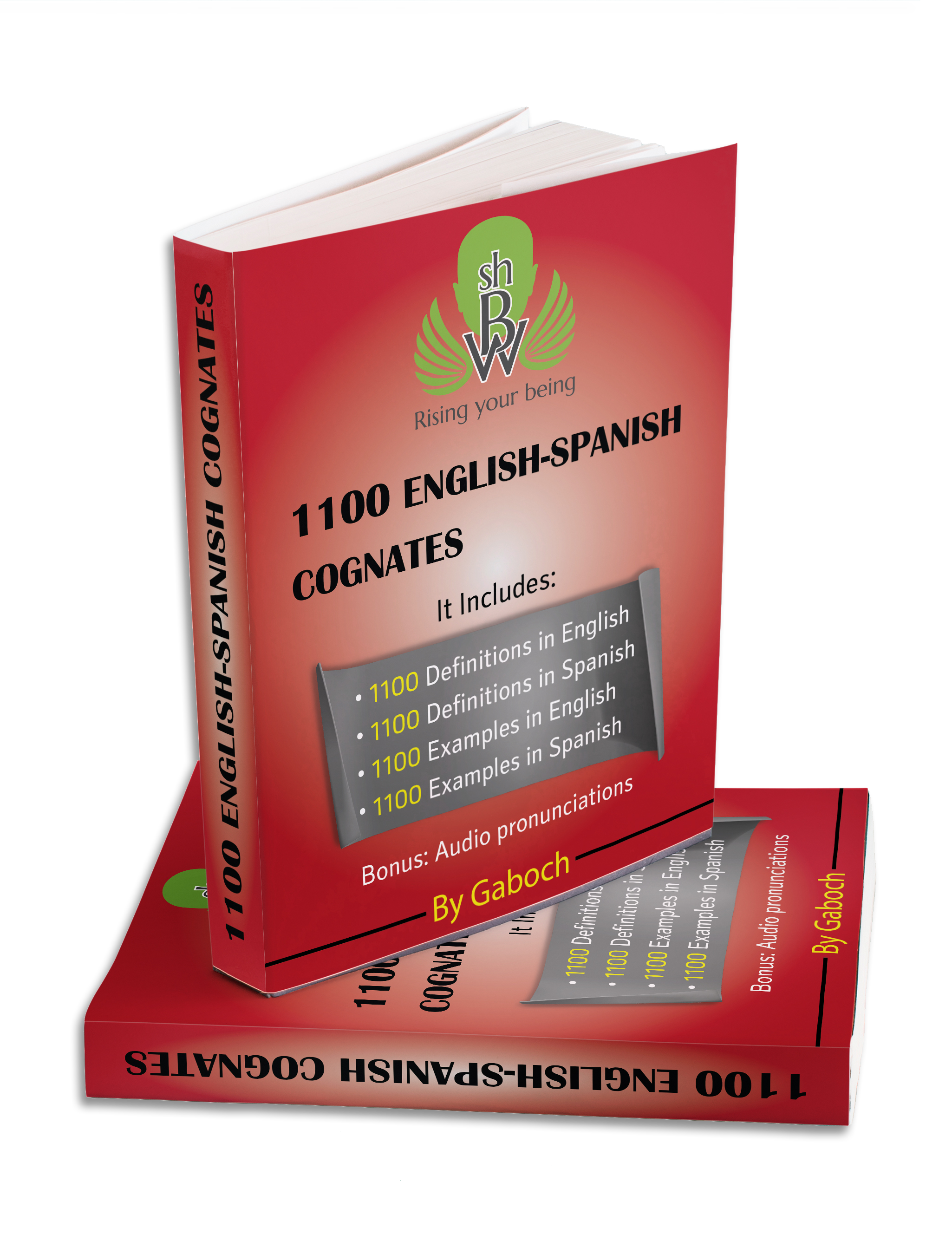China 1.0 – A life experience
smallhead BIGWISDOM
Rising your being
China 1.0 – A life experience
This book is a compilation of anecdotes and point of views of the author during his journey and life in China for over 6 years.
The purpose of sharing these experiences is to inspire anyone, especially those who still believe that they are not capable of making their dreams come true, to accomplish goals regardless their difficulty, through positive attitude, dedication and indefatigable commitment, and thus, achieving personal growth by helping others to improve their lives.
There are many talented persons around the world who just need motivating words and somebody who leads and supports them during those unavoidable tough moments that everyone would have to face, sooner or later, in whatever activity they decide to undertake.
I have two pieces of news: A bad and a good one.
The bad news is that there will always be problems.
The good news is that there will always be solutions to those problems.
With that being said, let’s get inspired!
Table of content
Chapter 1
- Why China?
- The flight
- USA’s stops
- Beijing’s arrival
- Arriving in Changchun
- John – the savior
Chapter 2
- Changchun’s first night
- Changchun’s first day
- Meeting with Alice
- The teaching company
- Lunch with Ms. Huang
- At the hospital
- Chinese chess
Chapter 3
- My first time
- Kids and Kids
- Made a difference
- Students’ supportive parents
- Linda, Jimmy and Jack
- Chinese primary schools
- Chinese teachers’ secret to control
- Memorizing questions
- Chinese secondary schools
- Prayers
- Shyness
- Spectacular classes
- Taking the math class
- The secret greeting
- Chinese chess at breaks
Chapter 4
- First college
- Bad students at the back
- Rapport
- Second college
- Mutual enjoyment
- Outdoors
- Embracing and kissing
- Leonardo da Vinci’s anecdote
- Chinese food
- Bean curd (Tofu)
- Gubarou
- Instant noodles
- Dumplings
- Chaomian
- Chaofan
- Hot Pot
Chapter 5
- Washrooms
- Some Chinese customs and habits
- On streets
- Eating
- On a bus
- On a subway
- On the market
- Greetings
- Spitting
- Smoking
- Doing business with Chinese people
Chapter 6
- The day had come
- A day that could have been the last
- Who is going to pay the bill?
- My first bāozi (包子, bun)
- One step further
- The visit
Chapter 7
- Moving
- The arrows
- Celebrating
- Dalian
- The city
- Landlord
- Pángxiè (螃蟹, crab)
- Exchanging items
Chapter 8
- Private classes to Ivy
- Another kindergarten
- Fei working
- Return to the hometown
- Fei’s private school
- Conquering the capital
- Lee – Méiguānxì! (没关系!, It’s OK!)
- Beijing’s subway
- Taking Mandarin Chinese classes
- It happened despite nobody wanted it
Chapter 9
- The hyena
- Spanish classes
- The computer company
- Shanghai
- Anhui
- Getting on the train
- On the train
- Departure
Chapter 10
- First station
- Our souls escaped momentarily
- Welcoming
- My first class
- Hyperactivity
- Other activities
- A teacher’s collision
- The eve
- The farewell
Chapter 11
- Běijīng kǎoyā(北京烤, Peking duck)
- Shenzhen
- Coconut palm
- The factory
- Some friends and colleagues
- Traveling abroad
Get the book about 1100 English-Spanish Cognates!
Bonus: Audio pronunciations
Get it now!
(See Table of Content)


